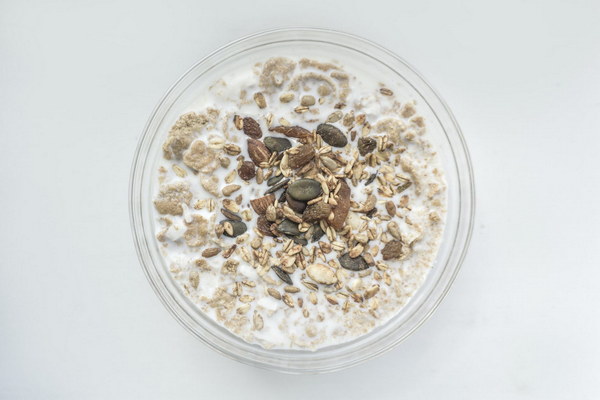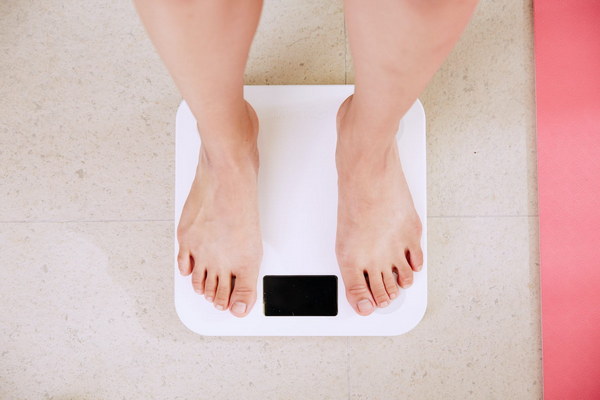Optimal Health Practices for Managing Hypoglycemia A Comprehensive Guide
Introduction:
Hypoglycemia, often referred to as low blood sugar, is a condition where the blood sugar levels fall below the normal range. This can lead to various symptoms such as dizziness, confusion, and in severe cases, loss of consciousness. If you or someone you know is experiencing hypoglycemia, it's essential to adopt a holistic approach to manage the condition. Here, we delve into the best practices for maintaining a healthy lifestyle when dealing with hypoglycemia.
1. Diet and Nutrition
A well-balanced diet is crucial for managing hypoglycemia. Here are some tips to consider:
- Regular Meals: Eat small, frequent meals throughout the day to maintain a steady blood sugar level. Aim for three balanced meals and two to three healthy snacks.

- Balanced Diet: Include a variety of food groups such as fruits, vegetables, whole grains, lean proteins, and healthy fats in your meals.
- Avoid Sugar and Refined Carbs: Limit the intake of sugary foods and refined carbohydrates, as they can cause blood sugar levels to spike and then drop rapidly.
- Low-Glycemic Index Foods: Opt for foods with a low glycemic index (GI), which release sugar slowly into the bloodstream. Examples include legumes, most fruits, and vegetables.
2. Consistent Blood Sugar Monitoring
Regular monitoring of blood sugar levels can help you understand your body's response to certain foods and activities. Here's how to effectively monitor your blood sugar:
- Use a Blood Glucose Monitor: Invest in a reliable blood glucose monitor to check your levels at home.
- Keep a Record: Document your readings, food intake, and physical activities to identify patterns and triggers.
- Adjust Your Diet and Lifestyle: Based on your readings, make necessary adjustments to your diet and lifestyle to keep your blood sugar levels stable.
3. Staying Hydrated
Proper hydration is essential for overall health and can also help manage hypoglycemia. Here are some tips:
- Drink Water: Stay well-hydrated by drinking plenty of water throughout the day.
- Avoid Alcohol and Caffeine: These substances can contribute to dehydration and disrupt blood sugar levels.
4. Regular Exercise
Physical activity can help improve insulin sensitivity and stabilize blood sugar levels. Consider the following:
- Moderate Exercise: Engage in regular, moderate-intensity exercise like walking, swimming, or cycling for at least 30 minutes a day.
- Be Consistent: Maintain a consistent exercise routine to see long-term benefits.
- Time Exercise Wisely: If you're prone to hypoglycemia, exercise can sometimes trigger a drop in blood sugar. Be sure to check your levels before and after exercise and adjust your diet accordingly.
5. Stress Management
Stress can impact blood sugar levels, so it's essential to find effective stress management techniques:
- Mindfulness and Meditation: Practice mindfulness and meditation to reduce stress levels.
- Deep Breathing: Engage in deep breathing exercises to calm the mind and body.
- Social Support: Build a support system of friends and family to help you manage stress.
6. Medication and Supplements
In some cases, medication may be necessary to manage hypoglycemia. Consult with your healthcare provider to determine the best course of action. Additionally, certain supplements may help support blood sugar regulation:
- Chromium: This mineral may help improve insulin sensitivity.
- Alpha-Lipoic Acid: This antioxidant can help regulate blood sugar levels.
- Magnesium: Magnesium can aid in the production of insulin and the regulation of blood sugar.
Conclusion:
Living with hypoglycemia requires a proactive approach to health and well-being. By following these optimal health practices, you can effectively manage your condition and lead a fulfilling life. Remember to consult with healthcare professionals for personalized advice and support.









